
It’s easy to accumulate stuff. The pair of jeans that hasn’t fit since before baby number two. The bridesmaid dress you hate but paid “good money” for. The bread machine you never use. The yarn you bought but didn’t have time to knit. The toys your children no longer play with.
Of course, that’s just the stuff clogging your cupboards and closets. A lot more stuff probably clutters your life. Countless meetings and appointments, oodles of kids’ baseball practices and dance recitals fill up your calendar and crowd out your peace.
Even your mind and soul may seem cluttered. Disappointment, bitterness, and perfectionism can easily take up the space in our hearts that is meant for God’s grace, love, and joy.
Keeping and Tossing
King Solomon, the wisest man in history, wrote:
For everything there is a season, and a time for every matter under heaven . . . a time to keep, and a time to cast away. (Ecclesiastes 3:1, 6)
I don’t know about you, but I do a lot more keeping than casting away. A few years ago, I discovered thrift stores. I find a thrill in the hunt of a bargain and especially love it when I come home with an arm-load of new-to-me fashions for only $20! If I were wise, I would toss out some old things even before I hang up these new items. But sometimes I find it difficult to let things go.
The same is true emotionally. I may hang on to grudges and bitterness over long-ago hurts. Sometimes I store up jealousy and envy. I don’t mean to–but I occasionally hang onto doubt and fear.
Sometimes I also find it hard to toss out anxiety. Worries for my children, my husband, my future may take up residence in my mind and refuse to leave. I should kick them out, but often I let them stay. Instead of accepting God’s invitation to give Him all my anxiety, I hang onto my concerns and try to figure them out on my own.

7-Day Jump-Start to Decluttering Your Life
If you can relate, my new resource is for you. Finding Enough: A 7-Day Jump-Start to Decluttering Your Life can help you reduce the clutter of your life. In the span of seven days, you will take a journey to cast out what is cluttering your closets, your schedule, and your minds. Each day, you’ll examine one area of your life and decide if it is time to keep or time to cast away. I won’t tell you what to hold on to or what to toss—that’s up to you. Some of the days, you will tackle a practical area of life like your home or schedule. Other days, we’ll delve into the cupboards of your soul to see if anything harmful or unnecessary is stored there.
Most of us have been amassing more and more for years or decades. Our culture tells us that we need more stuff, more goals, more activity to complete our happiness—and we’ve bought into this idea. But many of you have recognized this for the lie it is. And that’s why you’re here. You are ready to find enough.
Of course, seven days will probably not be sufficient time to completely declutter your life. Think of this span of time as a jumpstart. Seven days to begin to uncover the life you want and discover enough in what you already have. As you declutter your home, your heart, and your mind, you will make more room for the God of sufficiency–the only place where we will find enough.
O God of sufficiency, thank You for Your many blessings to me. I am blessed with many things—but right now, I realize I may have too many things. Give me wisdom to know what to keep and what to cast away. I don’t want my life to be ruled by my stuff. I want to be led by my love for You. Show me where my stuff or my activities or my attitudes are getting in the way of my relationship with You. Help me to remember that I will never be able to find enough in the things of this world. I can only find enough in You. In Jesus’ name. Amen.
Next step: If you would like this free resource and begin your own 7-day journey to a less cluttered life, fill out the form below to sign up for my monthly newsletter and receive Finding Enough: A 7-Day Jump-Start to Decluttering Your Life.
And if you would like to discover more about finding enough, check out my new book: Enough for Now: Unpacking the God of Sufficiency available here and here.





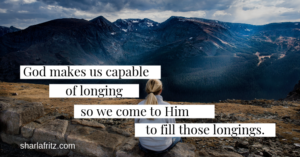
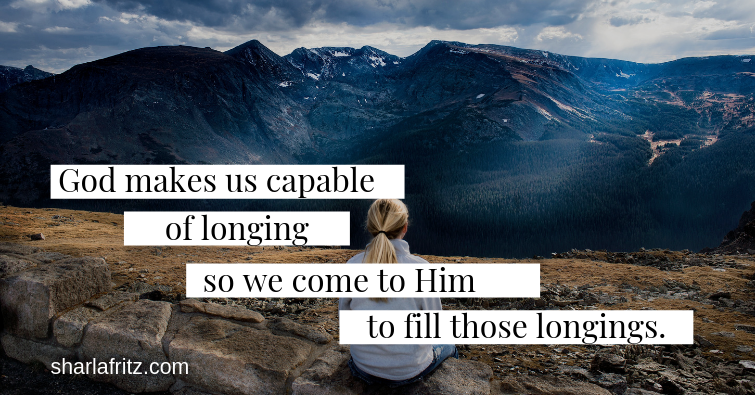

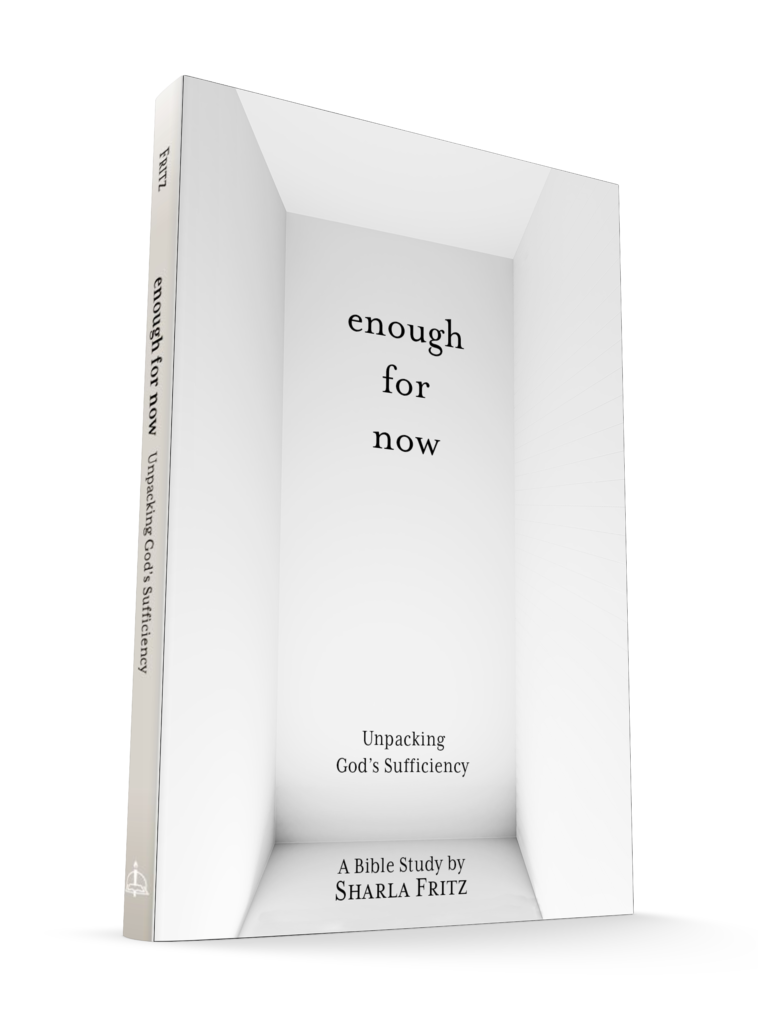

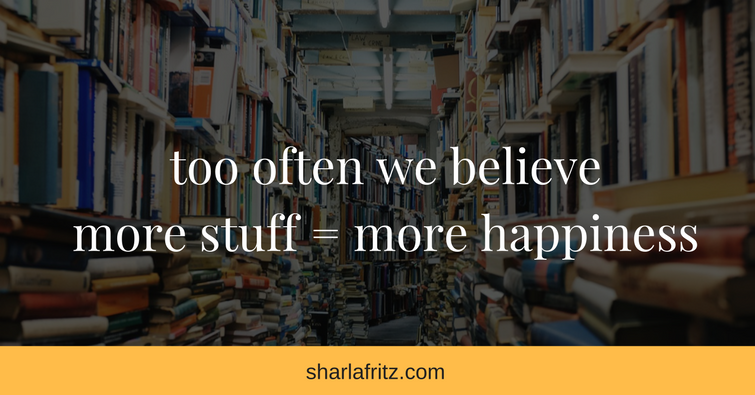







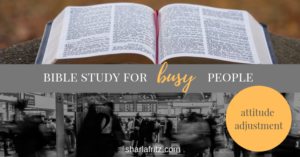
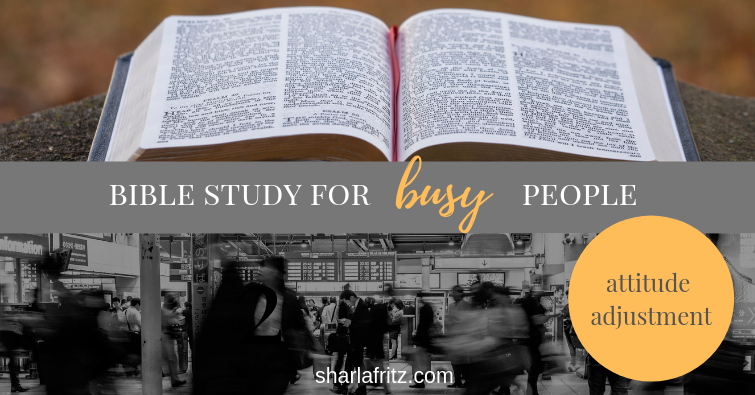

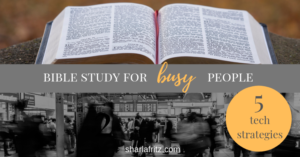
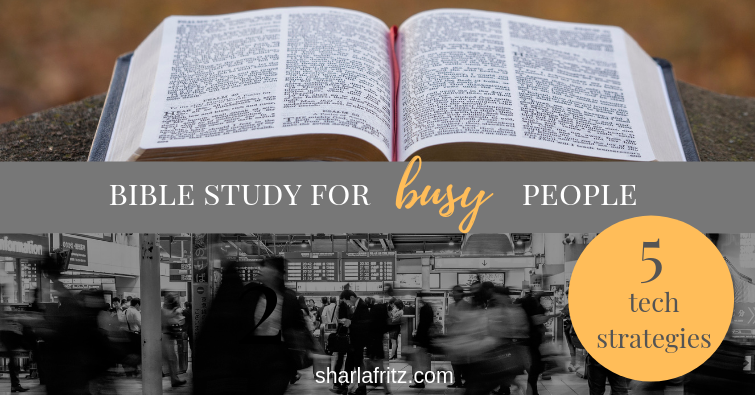
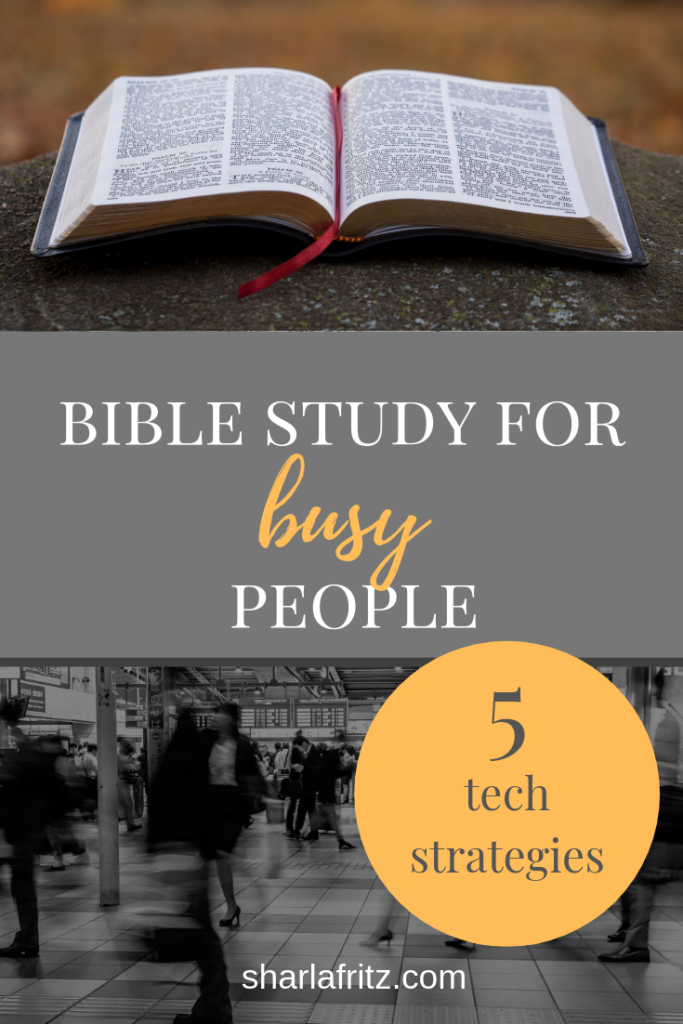
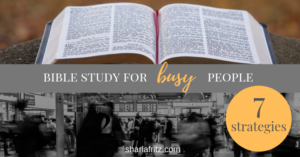
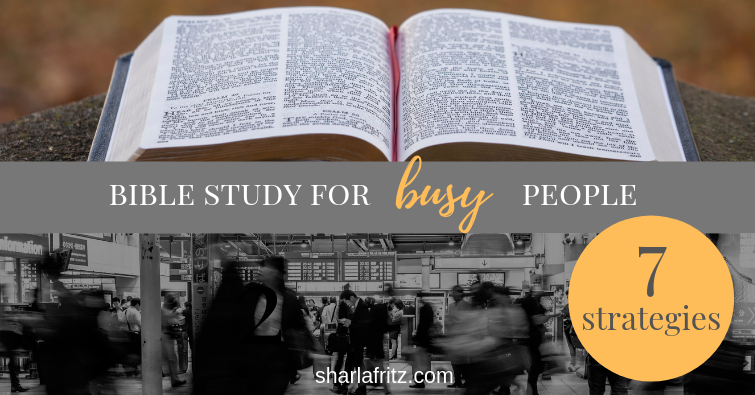
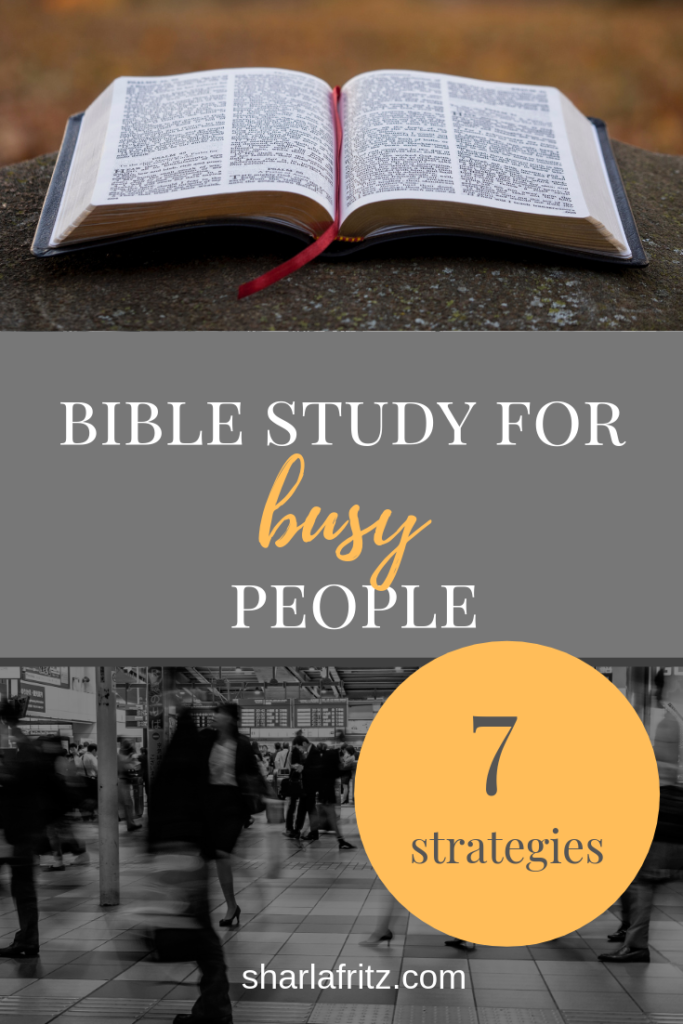



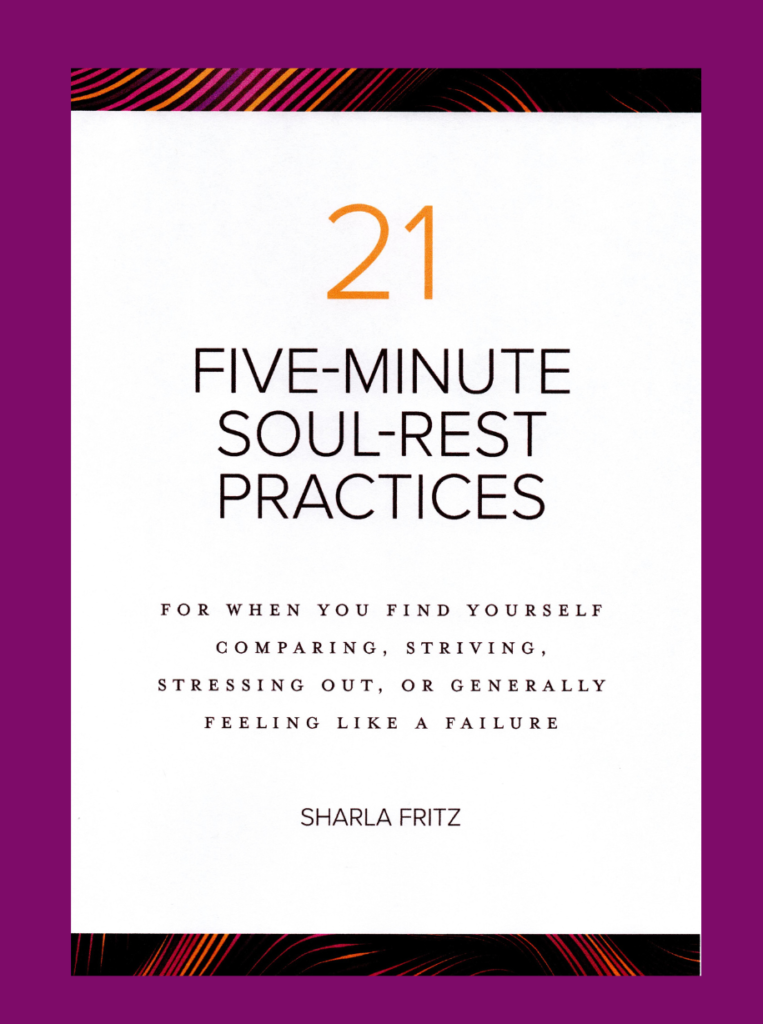
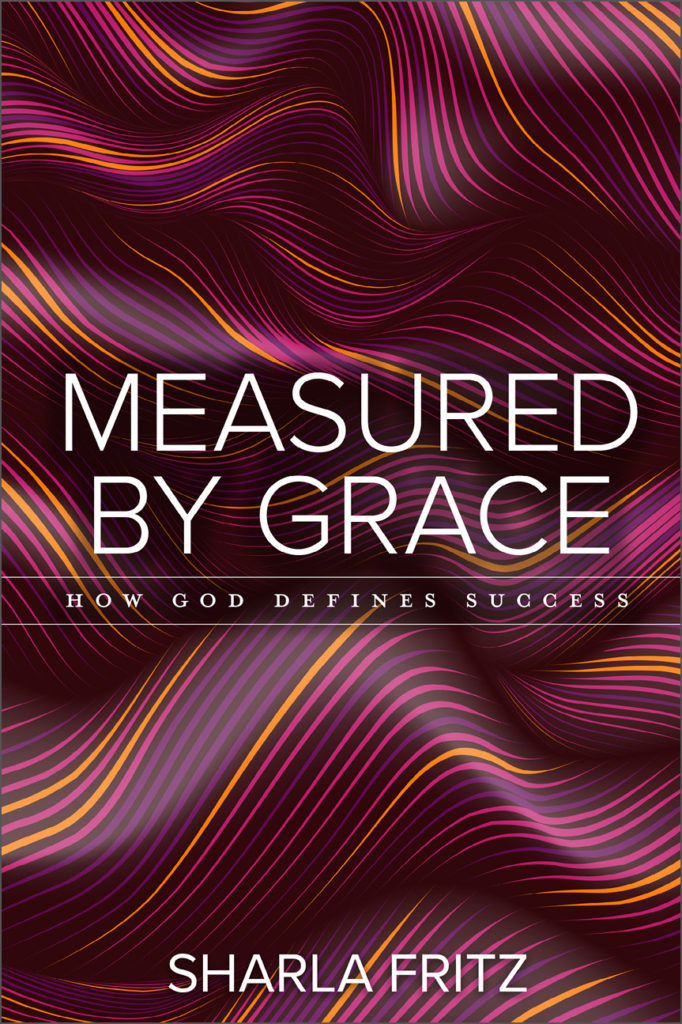
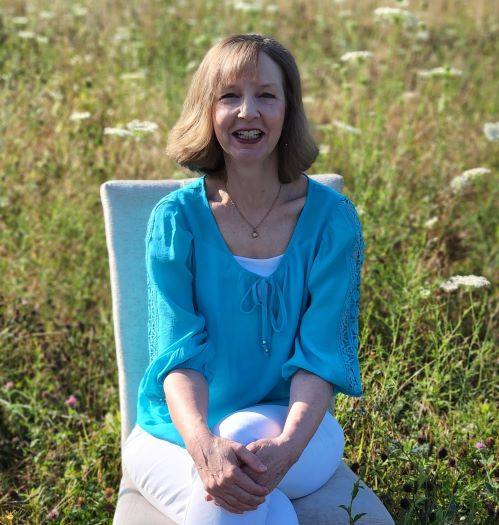
Follow Me!